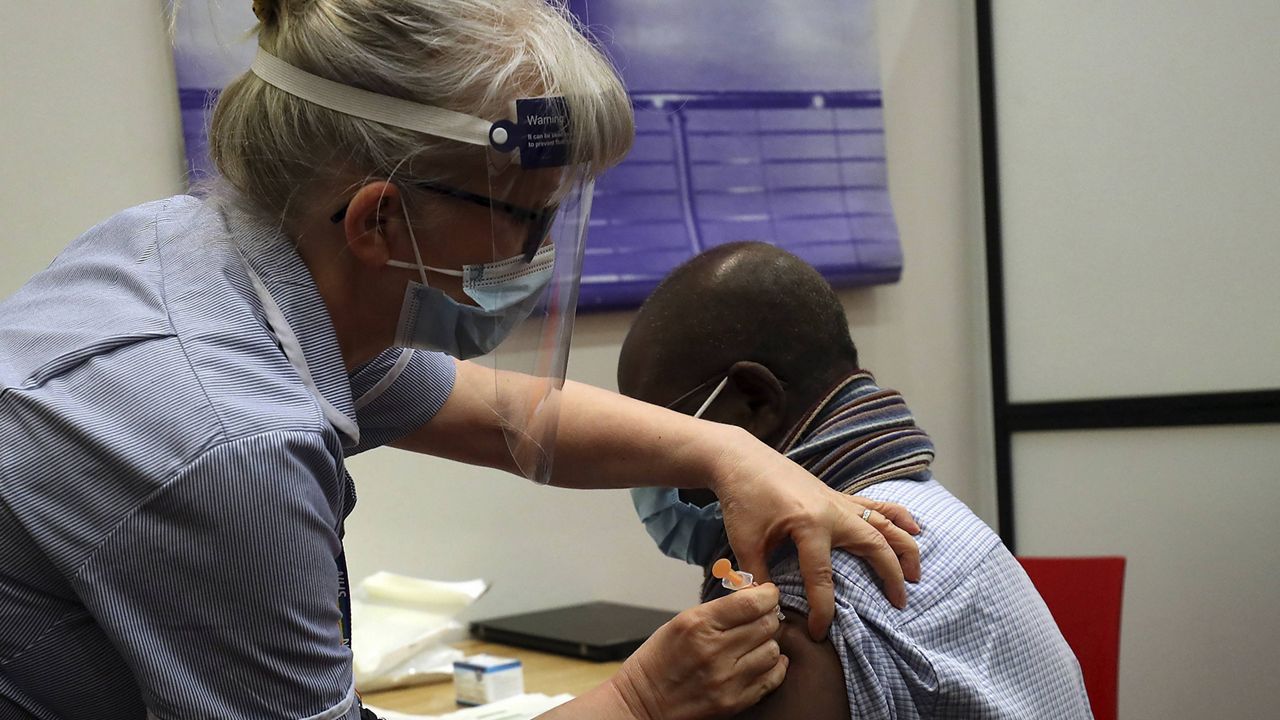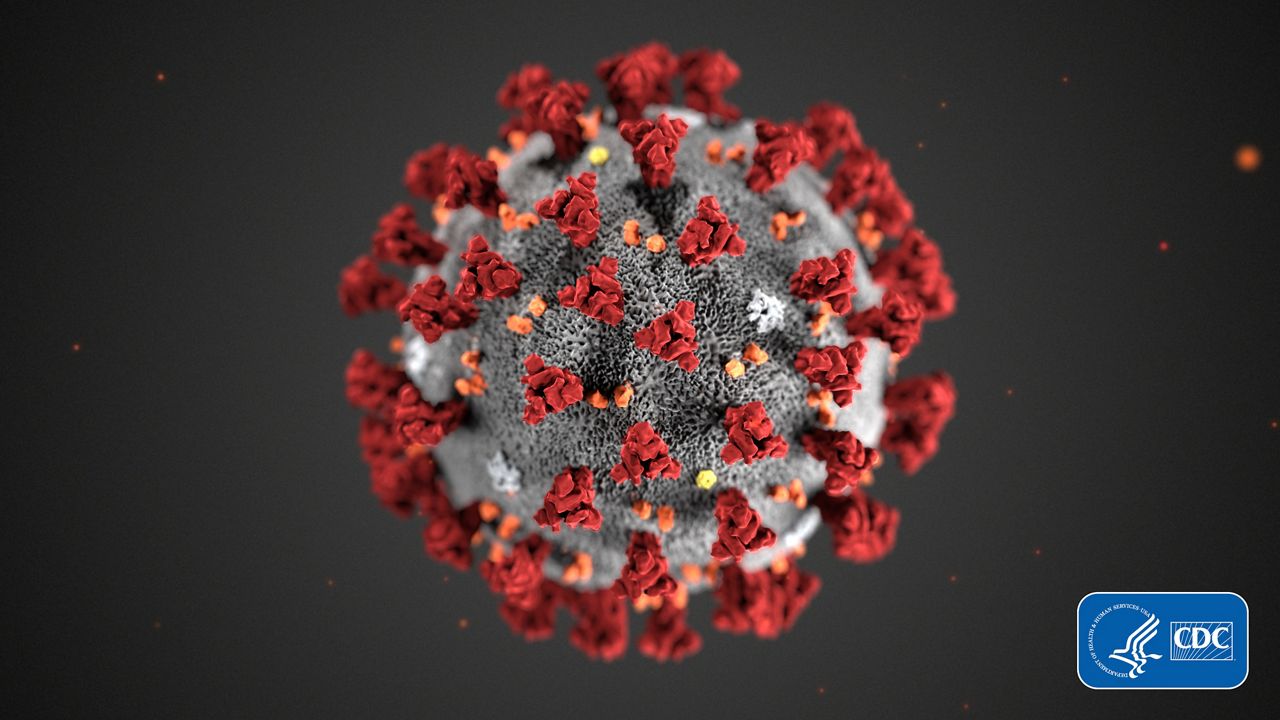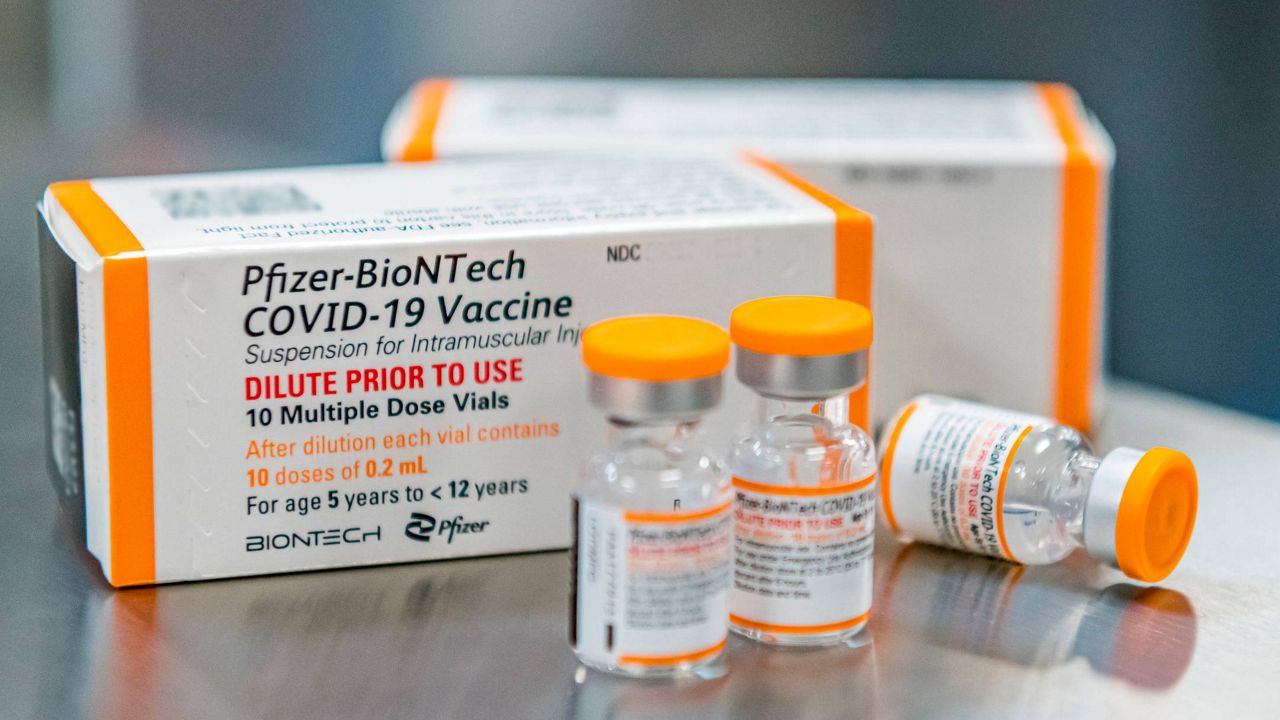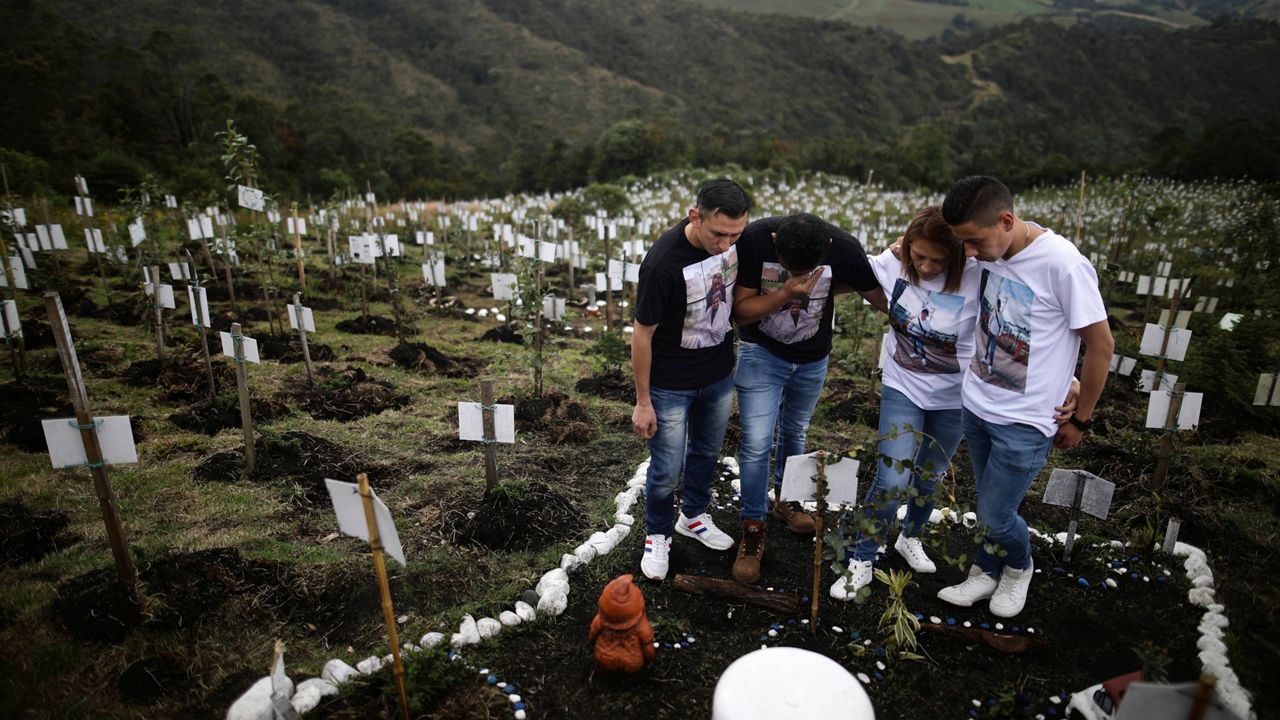British drugmaker AstraZeneca issued a statement Sunday night defending its COVID-19 vaccine after at least 13 countries halted use of it.
What You Need To Know
- AstraZeneca issued a statement Sunday night saying there is no evidence that its COVID-19 vaccine causes blood clots
- At least 13 countries have temporarily stopped administering the vaccine amid concerns that it could be linked to recent deaths from blood clots
- AstraZeneca said that a review of data shows the number of cases deep vein thrombosis and pulmonary embolism is much lower than what normally would be expected to occur in a general population
- The company added that in its clinical trials, the number of thrombotic events was small and even lower in the vaccinated group than in the unvaccinated group
Countries including Germany, Denmark, Norway, Ireland and Thailand temporarily stopped administering the vaccine amid concerns that it could be linked to recent deaths from blood clots.
AstraZeneca, which developed its vaccine in collaboration with Oxford University, responded by saying that a review of safety data of more than 17 million vaccinations in the European Union and United Kingdom “has shown no evidence of an increased risk of pulmonary embolism, deep vein thrombosis (DVT) or thrombocytopenia, in any defined age group, gender, batch or in any particular country.”
The pharmaceutical company said that as of March 8 there had been 15 cases of deep vein thrombosis and 22 cases of pulmonary embolism reported among those who were given the vaccine. That number is much lower than what normally would be expected to occur in a general population of that size and is on par with other approved coronavirus vaccines, AstraZeneca said.
The company added that in its clinical trials, the number of thrombotic events was small and even lower in the vaccinated group than in the unvaccinated group.
“Additional testing has, and is, being conducted by ourselves and independently by European health authorities and none of these re-tests have shown cause for concern,” AstraZeneca’s statement said.
The European Medicines Agency and the World Health Organization have, too, said that available data do not suggest that the AstraZeneca vaccine causes blood clots.
Denmark became the first country to halt vaccinations with the AstraZeneca shots last week after reports of blood clots in some people, including one person who died 10 days after receiving the vaccine.
The Netherlands, Iceland, Bulgaria and Congo are among the other countries that have since announced they also are stopping their use of the vaccine temporarily while they investigate.
“We must always err on the side of caution, which is why it is sensible to press the pause button now as a precaution,” said Hugo de Jonge, the Dutch health minister.
Germany became the latest country to join the list Monday. Its Health Ministry said the decision was taken as a “precaution” and on the advice of Germany’s national vaccine regulator, the Paul Ehrlich Institute, which called for further investigation of the cases.
Health officials in Denmark said the suspension there would last at least two weeks.
AstraZeneca has not yet sought emergency use authorization for its vaccine in the United States. It is expected to make that request to the Food and Drug Administration this month or in early April, Reuters reported last week.
Ryan Chatelain - Digital Media Producer
Ryan Chatelain is a national news digital content producer for Spectrum News and is based in New York City. He has previously covered both news and sports for WFAN Sports Radio, CBS New York, Newsday, amNewYork and The Courier in his home state of Louisiana.








